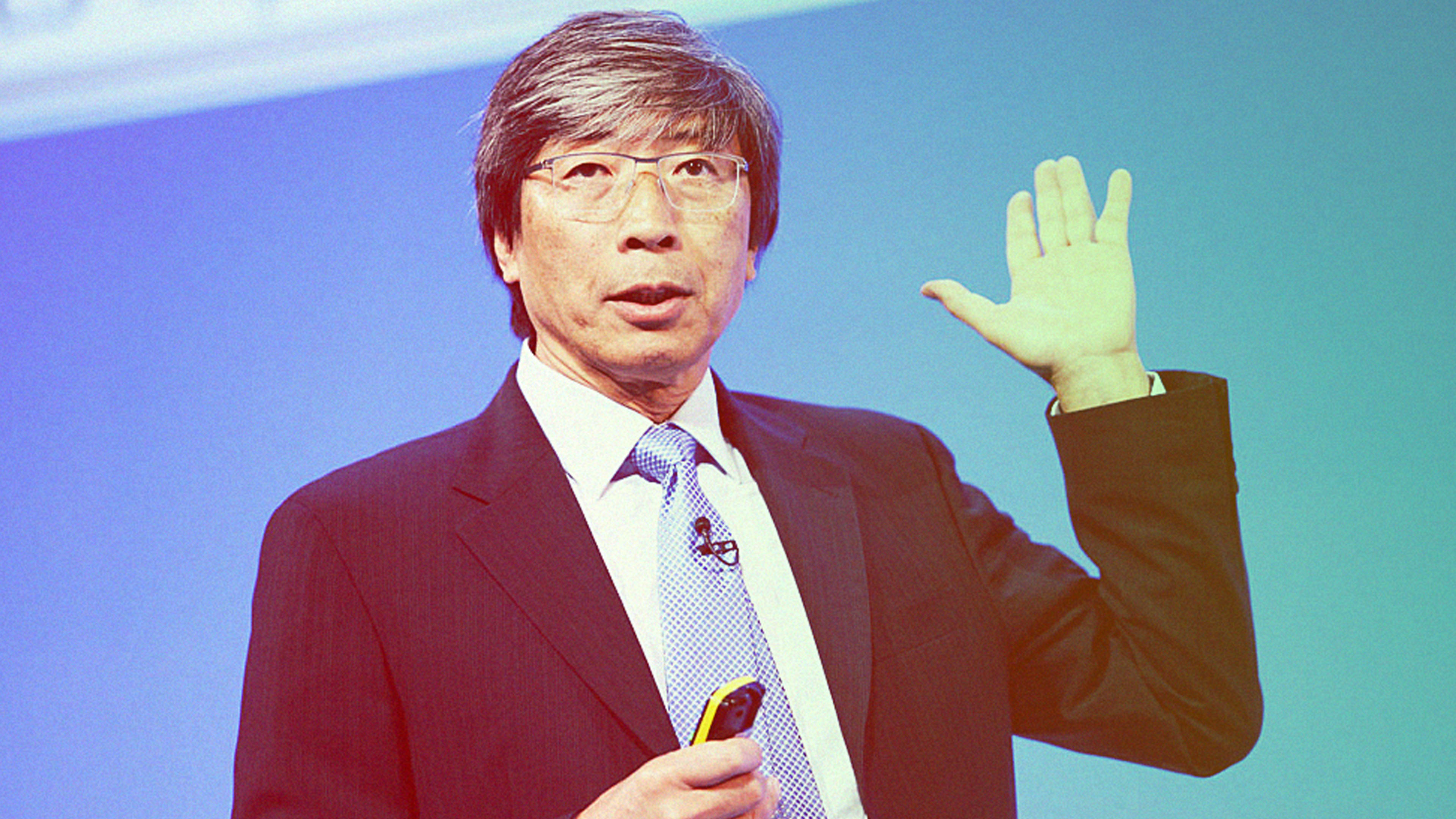What do breast cancer, lung cancer, and Zika virus have in common? They can all be treated with the same medications, claimed biotech billionaire Dr. Patrick Soon-Shiong at a genetics conference in San Diego on Thursday. The doctor doesn’t shy away from bold statements based on preliminary data and was met with adoration as a kickoff speaker at the Future of Genomic Medicine conference—a science-heavy gathering at the Scripps Institution of geneticists, oncologists, data scientists, and other experts.
Soon-Shiong captivated the crowd with a vision of treating cancer not as a profusion of tumors but as an infection of mutating cells that the body’s own immune system can fight off. This isn’t a new idea, as the doctor himself freely says. It’s central to new concepts of cancer treatments that seek to minimize or eliminate the role of toxic chemotherapy drugs and harmful radiation by training the immune system to attack cancer cells. Now Soon-Shiong says that the same methods can spur the body to attack infections including the Zika virus spreading through Central and South America, as well as the Chikungunya virus that sickens people in Africa, Asia, Europe, and around the Indian and Pacific Oceans.
Immunotherapy figures prominently in the Obama administration’s cancer “moonshot” initiative, an effort led by Vice President Joe Biden to bring together the disparate companies and organizations working on cancer research and treatments. It’s also the foundation of Cancer MoonShot 2020, a private coalition that Soon-Shiong launched the day before Obama announced the government program during his State of the Union address.
But Soon-Shiong, believed to be the richest physician in the world, has been perhaps the most charismatic advocate of immunotherapies, saying that cancer will in perhaps a few years be reduced to permanent remission or even eliminated with treatments similar to a few flu shots. The mechanism he touts is to discover, through sequencing a patient’s genome, all the mutant proteins that form a patient’s cancer, then introducing them to the body to trigger the immune system to attack those proteins, just as a flu shot triggers an attack on the influenza virus. His method, in fact, uses a common virus type, called adenoviruses, to deliver the proteins that ultimately spur the programming of memory cells, parts of the immune system that encode the fingerprint of a pathogen and trigger an immune reaction when the body encounters it again.
Soon-Shiong claims that his consortium has had success with this method in trials. He rattled off a litany of cancers he’s targeting with the treatments, including colorectal cancer, breast cancer, pancreatic cancer, and cervical cancer. “What’s exciting,” he said, “is that the same technology we’ve developed [could treat] Zika and Chikungunya” viruses.
I asked Soon-Shiong when, if his method works, we could expect treatments for these viral infections. But he declined to provide any time frame, not even in the range of years.
Recognize your brand’s excellence by applying to this year’s Brands That Matter Awards before the early-rate deadline, May 3.
